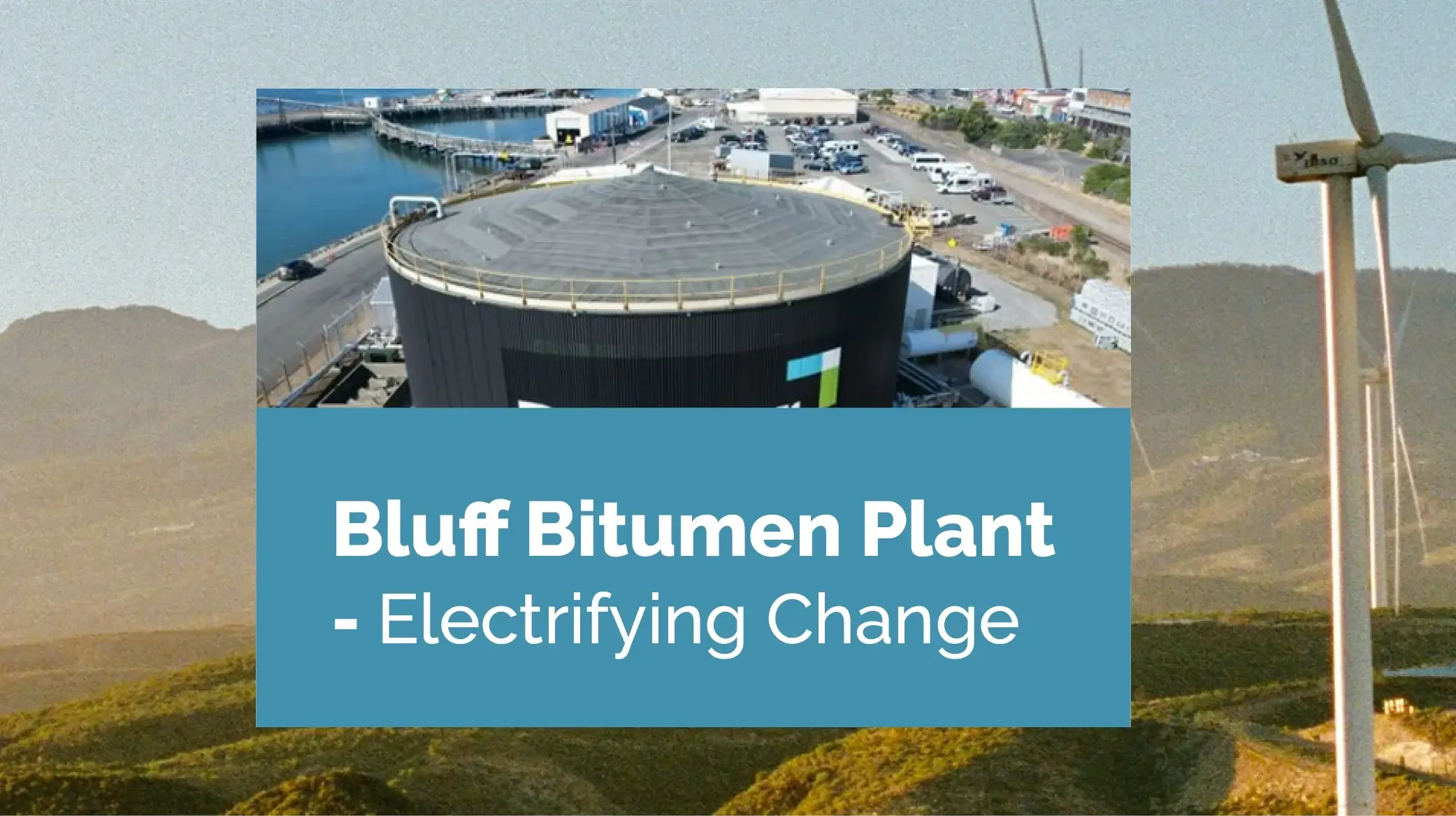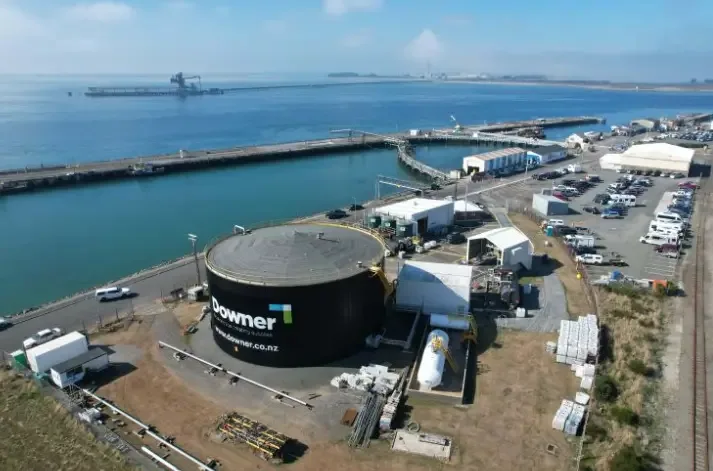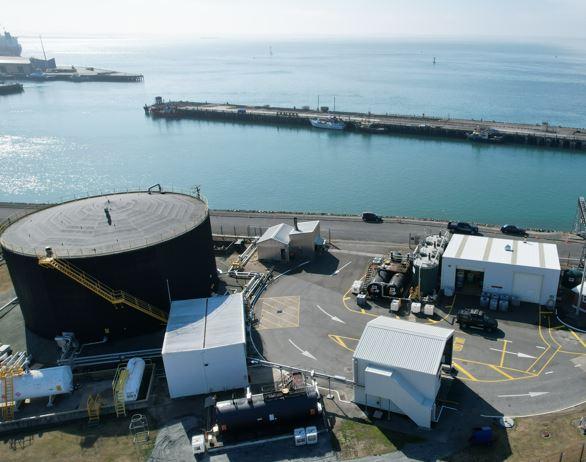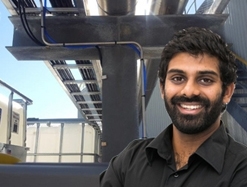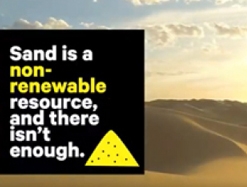Road Science’s commitment to a greener operation
10 July 2023
In 2020, Road Science demonstrated its dedication by repurposing an existing 5000t bulk fuel oil tank at Lyttleton into a cutting-edge bulk bitumen tank. This innovative approach not only built supply chain resilience but also provided an excellent opportunity to rethink traditional methods of bitumen heating, which traditionally relied on fossil fuels.
Setting a new benchmark in Australasia, the newly established tank utilises a ground-breaking approach by solely relying on electricity for heating. This ground-breaking shift to fully electric heating in a tank of this scale has resulted in a significant reduction in the carbon footprint associated with the bitumen supplied by Road Science. The operational efficiency of the tank has been independently assessed by Energy NZ, revealing carbon emission savings of 245 tonnes per year.

To put this into perspective, these emissions savings are equivalent to the positive environmental impact of planting over 7,500 trees. This means that the bitumen supplied by Road Science now boasts a significantly reduced carbon footprint, as demonstrated in the graph below.
In 2023, Road Science remains committed to its journey towards sustainability and continues to make significant strides in reducing carbon emissions. The latest project in Bluff is a testament to our dedication to adopting hybrid energy solutions and implementing upgrades aimed to further minimise environmental impact.
Through these initiatives, we anticipate an estimated annual reduction of 171 tonnes of CO2 emissions. To put this into perspective, this is equivalent to planting over 5,000 trees.
At Road Science, we take great pride in our accomplishments in energy savings and carbon reduction. Our commitment to innovation, collaboration, and continuous improvement sets us apart as industry leaders in implementing sustainable practices for a greener future.

